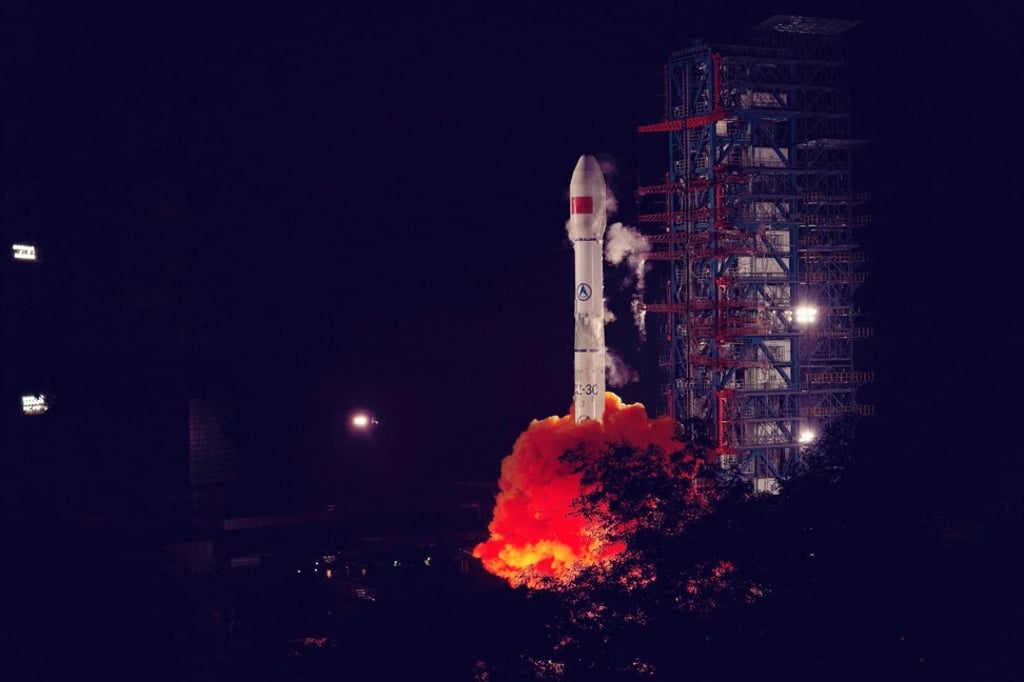Editorial | The sky is the limit for the emerging Chinese space industry
- The real significance of the space exploits of Bezos and Branson may be to attract investment in the nascent global space industry for the private sector. And China now has the world’s best-funded and ambitious space programme with plenty of contracts to hand out to support the private sector

Long the exclusive domain of a small group of superpowers in competition for national prestige and technological domination, people are now seeing the great potential for private profits. As space technology defuses and more private funding is being committed, it’s no longer just about sending tourists into space or eventually to the moon, but the emergence of a full-spectrum industry.
A 2017 report by Bank of America Merrill Lynch estimates that the global space industry would be worth US$2.7 trillion by the end of this decade. China and its ambitious space entrepreneurs are right in the middle of it. A decade ago, when people talked about commercial satellite launches, they were likely to have been thinking about the China Great Wall Industry Corporation, which is a subsidiary of the state-owned China Aerospace Science and Technology Corporation. Today, there are an estimated 78 private space companies operating in China.
They are not as glamorous as billionaires travelling into space, but potentially highly lucrative. That is mostly thanks to two global technological trends: off-the-shelf satellites, which can be made cheaply and are lighter and smaller yet with greater transmission and data-processing capabilities than traditional satellites, and cheaper but reusable rockets and rocket boosters.

